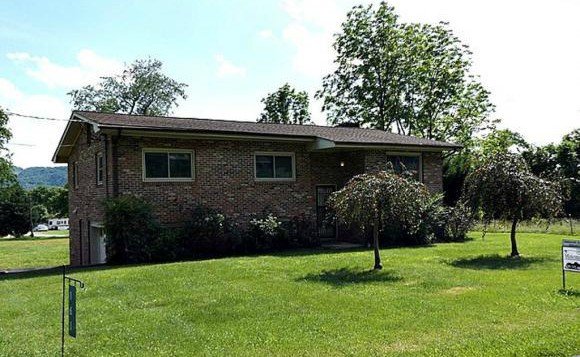House flipping is buying and selling houses to make a fast profit. If you are just starting to think about going into the home-flipping business, you need to start small with an entry-level house that doesn’t need a great deal of work to make it saleable and then move on from there. If you have taken half an hour to watch any house flipping show on television, it seems like it would be pretty simple to buy a house for a small price, fix it up a little with some fresh paint and a few repairs and sell it to make a fortune or even buy a home that is in great condition, wait a few months and resell it for more than you paid. In real life, however, it just doesn’t go as smoothly as you see on tv.
It’s a good idea to gather a little information before you start buying homes by flipping in mind. While the following tips for flipping homes won’t necessarily make you feel like you won the lottery jackpot overnight, but they can help you buy and sell homes quick while avoiding some of the critical mistakes others have made in the past.
Too Good to Be True :
As the saying goes, “If it looks like it’s too good to be true, it probably is.” When you are new to house flipping, you’re going to run across many deals that seem great only to find out they were a money pit. It’s not a wise decision to go after every deal you see, and lenders catch on quickly to those who will buy anything. If you want to make money on a flip, then you need to take time to research the home, the area it is in and make sure you have it thoroughly checked out to make sure you aren’t going to be sucked into a beautiful home with faulty wiring or poor plumbing that needs replacing. The less you spend on a flip, the more you will profit when you make the sale.
Bring Cash to the Table :
If you want to be able to buy a home quickly and have a short turn-a-round before you sell it, you need to come to the table fully prepared to go against those cash buyers who want the house. If you don’t have the cash upfront, then you need to make sure your credit score is high enough to go to a hard money lender and get the cash you need fast.
Curb Appeal :
Most people take time to think about what the tile in the kitchen looks like or whether the bathroom has the right lighting. Many people tend to forget about the outside of the home when they are trying to sell a house. The first thing a potential buyer sees is the outdoor space of the home, therefore, it needs to look nice! Be sure to have the lawn maintained, trees and shrubs trimmed and make sure the exterior of the house itself looks good. Peeling paint, broken soffit or damaged gutters can deter someone from buying a home even when the interior looks good. Curb appeal is what will get buyers into the home, so make sure your home has what is needs outside to entice people.
Know Your Market :
To flip a house successfully, you must know your market. To get a truly good feel for the market in your area, talk to a real estate agent who has many years of experience and can guide you to the right homes that will need little to no repair and will be priced right for the market. You need to know how to price a home accurately to sell fast and make a profit and if you pay too much for the home when you buy it, you’re not going to make anything when you sell it.
Renovate Wisely :
You must watch your budget when it comes to renovating a home. Considering installing beautiful hardwood throughout the house or remodeling the kitchen? These can be costly renovations and you’re going to have to be careful with the amount of work you put into things. If the house needs a new roof, then, by all means, hire a professional roofer to have a new one put on, but don’t sink $50,000 into renovations when you can get by with spending half that and still have a beautiful home to sell.
Once you have the home and the renovations have been completed, list it. Price the home lower than market value but not too low or you will lose money. The biggest thing is to market the home and do what you need to do to sell it fast. The shorter the time it sits, the more profit you are going to make.
Read Also :






















